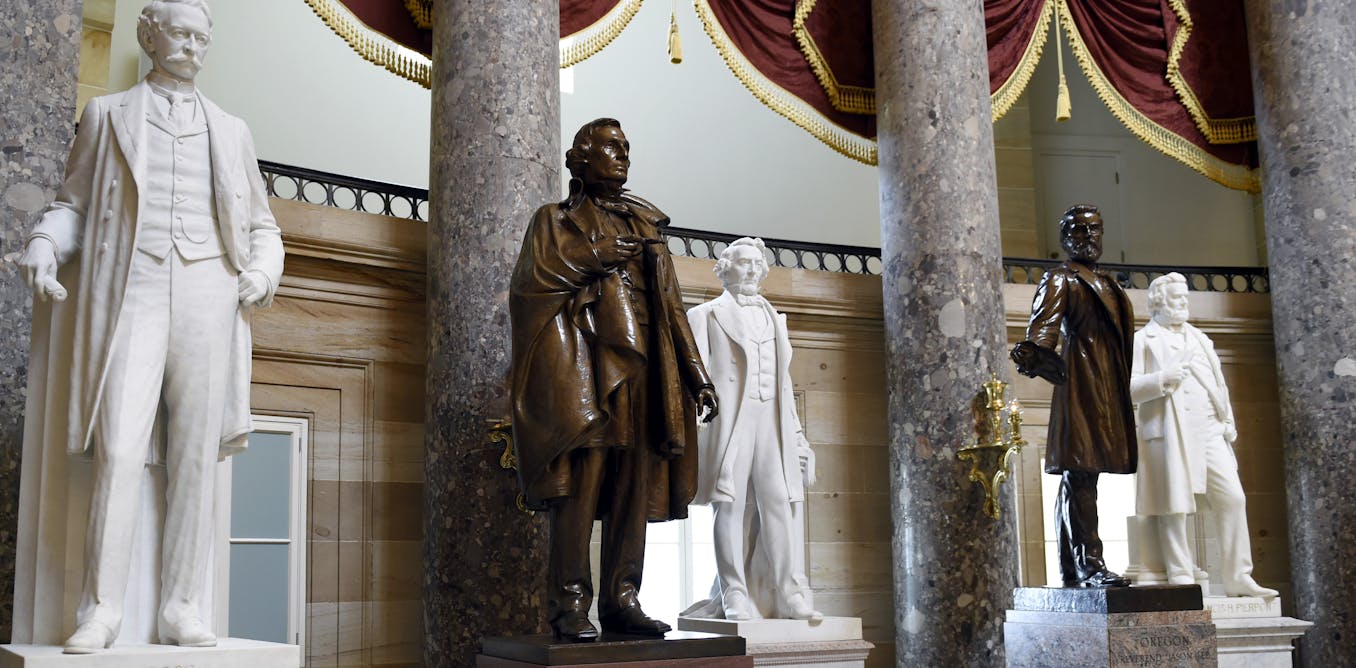Seems that they only counted slaves from the South. I bet that including New England slave owners would take it from “many” to “most”, if not even “almost all”.
While not on an industrial scale like in the South, there was still a lot of slavery in the original colonies and their successor states, which played a big part in enabling generational wealth for any family rich enough to buy a slave at the time.
add in the NYC (i think that was the main hub, wasnt it?) elites who may not have owned significant number of slaves, but built their wealth on the slave trade
I came into that article thinking “it’s been nearly 150 years since emancipation, it can’t be that bad, right?”, but then I saw “current median net worth five times larger than their peers whose ancestors were not slaveholders: $5.6 million vs. $1.1 million”. That’s fucked up.
I can’t find any hard numbers on how many Americans are descended from slave owners, but from my rough back of the napkin math it looks like they are represented in congress disproportionately high.
American racism being deep and ingrained isn’t new, but this study shows it’s not something to be taken lightly.
We earned our money the old fashioned way: slavery and violence
Primitive accumulation, you might say…
AFAIK a lot of people descended from nobility across the world are also among the most wealthy, even in places that “abolished” monarchy. A lot of Japanese companies, for example, are owned by former nobility.
The same is true with descendants of the Medicis. They’re still able to divide that fortune up into fractions of what it was hundreds of years later.
deleted by creator
Maybe if we bring slavery back for a few years, that will even things out a bit.





